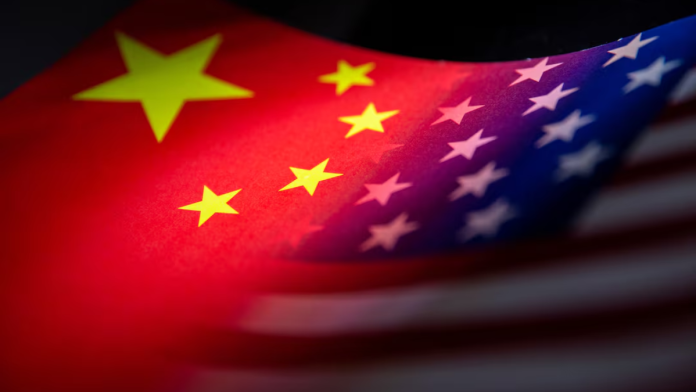The United States has announced tough new measures to stop blacklisted companies such as Huawei Technologies from using their subsidiaries to get around trade restrictions. The new rule was released by the US Commerce Department’s Bureau of Industry and Security (BIS) and is aimed at making export controls more effective.
Until now, many sanctioned companies could still access restricted goods by operating through affiliated firms. These subsidiaries were not always covered by the original sanctions, creating a major loophole. Under the updated rule, any subsidiary that is at least 50 percent owned by a blacklisted company will now face the same restrictions as its parent.
The change means that firms already on the US entity list—including Huawei and Yangtze Memory Technologies—cannot use smaller units or affiliates to buy restricted goods, especially advanced technology. Even in cases where a blacklisted company owns less than 50 percent of another business, companies selling to those affiliates will have to perform extra checks. This makes it harder for anyone to bypass the restrictions.
US and Turkiye move closer as talks focus on oil, sanctions, and fighter jets
The new rule targets companies worldwide, but it has the strongest impact on businesses in China and Russia. Both countries have seen more of their firms placed under US sanctions in recent years. The main concern in Washington is that advanced technology such as chips, artificial intelligence tools, and production equipment could give these countries a military edge.
Key Impact on Technology and Trade
The latest move directly affects two important lists managed by the US Commerce Department. The first is the entity list, which includes companies believed to act against US national security interests. The second is the military end-user list, which names firms suspected of supplying foreign militaries with restricted items.
These lists have been used to limit access to US-made technology by companies in sensitive sectors, especially in China’s growing tech industry. Some of the biggest targets have been in the fields of chipmaking and artificial intelligence.
Iran nuclear deal crisis deepens as UN Security Council blocks sanctions relief extension
Sanctions already blocked major Chinese companies like Huawei and its production partner Semiconductor Manufacturing International Corp (SMIC) from buying advanced chips or the machines needed to make them. Now, with subsidiaries also covered, the restrictions extend to a much wider network of firms. This makes compliance harder for suppliers who must confirm who they are dealing with before making any sales.
Industry experts have said the rule increases the burden on global businesses. Companies now have to dig deeper into ownership structures before shipping products. This can slow down deals, create delays, and trigger more red flags during transactions. Some businesses may have to apply for export licenses if they are unsure whether a partner is linked to a blacklisted company.
The US Commerce Department stated that the rule is meant to close gaps that have existed for too long. Officials believe the updated system will make export controls stronger and prevent restricted goods from falling into the wrong hands.
UN restores sanctions list on Iran with 43 people and 78 groups named
China’s Strong Opposition
The decision immediately drew sharp criticism from China’s Ministry of Commerce. The ministry accused the United States of unfairly using export controls to suppress Chinese businesses. It called on Washington to correct what it described as “wrongdoings” and end what it sees as unjust treatment of its enterprises.
China has long argued that these sanctions are not only about national security but also about limiting its technological growth. Officials in Beijing have warned that they will take necessary steps to protect the rights and interests of Chinese firms.
The issue is especially sensitive because it comes during ongoing trade talks between Washington and Beijing. In recent weeks, the BIS had already sanctioned several Chinese companies believed to be helping SMIC and Huawei gain access to restricted equipment. Each move has fueled fresh protests from China, which views the measures as deliberate attempts to weaken its industries.
Despite US assurances that the new rule is meant to close loopholes rather than cut off trade, tensions between the two countries remain high. Businesses around the world now face tighter compliance rules as the latest sanctions take hold, while China continues to push back strongly against what it calls unjustified restrictions.


